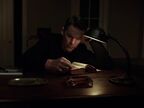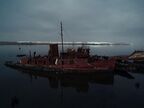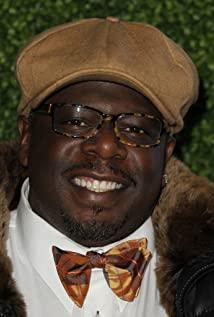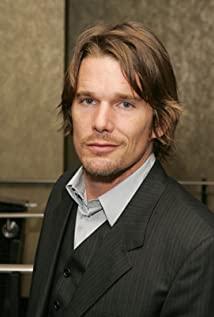When I just watched it, it was obvious that neither the movie itself nor the background knowledge was enough. This is just to make a few notes after the first reading, and I will definitely use it for the second time in the future and come to edit.
1. Environmentalism
I believe this film is not about environmental protection. Environmental protection is a concretization of a major problem in human society. As a whole, can we put aside our immediate interests, choose wisely, and avoid self-destruction. After long-term efforts, Michael's answer in this regard is no. His suicide stemmed from his extreme pessimism about the future of mankind.
2. Diary
The purpose of the pastor's diary is to be honest with himself. From the beginning, the pastor did not intend to be honest with others, because the diary was to be destroyed a year later, but the pastor made a lot of determination to be honest with himself, and all changes would leave marks on the paper.
However, in actual operation, it is obvious that many important contents are not recorded by the pastor or are dishonest. For example, his alcoholism, there are many other things that actually need him to do psychological counseling, but he hasn't recorded it. The most important thing is that he tore off a page, and then said that even so, he still has to keep writing in his diary. In fact, writing a diary at this time has lost its original intention, and it is actually a kind of self-deception to continue.
At the same time, the pastor said that writing a diary is a way of praying, and at the same time he said that prayer is very difficult.
The diary represents the failure of people trying to be honest with oneself. What is the use of a diary when one cannot be honest with oneself? What's the use of prayer? This is a critical thinking of Christian prayer.
3. Alcoholism
Alcoholism actually takes care of environmental protection. Environmental protection is the short-sightedness of human society as a whole. Alcoholism is the short-sightedness of human individuals. Shortsightedness may be human nature. Pastors are self-destructive because of short-sightedness, and human society is also doing chronic self-destruction because of this. Ironically, the pastor stopped drinking for the first time and ate Japanese food for the first time after he decided to sacrifice his life to resist the self-destruction of mankind as a whole. (Considered a healthy diet in the West) At the same time, it is ironic that at the Japanese food store, he met the boss of an oil company, and the boss also mentioned healthy diet when he first appeared on the scene.
Above, the pastor is not qualified to criticize the boss of the oil company, because he can't even be self-rational. How can it be possible for the entire human society to stop using oil? (Alcoholism in human society)
4. Sex
Sex was mentioned vaguely at least three times.
In the conversation between the pastor and Esther, Esther asked the pastor if they thought the things they had done before were sin. The pastor denied it, implying that the two had a sexual relationship before. Note that the method Esther uses to persuade the pastor is "love." He said that the pastor should not refuse love, but in fact she wants sex.
Michael’s wife visited the pastor early in the morning and mentioned that Michael was “fully clothsed” when they posted on a mysterious journey together. This is a denial of sex, but denial also means that the concept of sex has been introduced. At this time, the conversation between Merry and the pastor about whether to do a mysterious journey was obviously looking forward to each other. It's like a vague temptation under the taboo of sex.
The third place is the mouth-to-mouth kiss between the two at the end, as well as the body hug and touch. I think love is used here to explain it, just like Esther uses love to cover sex. Michael's bones are not cold, I don't know you, I have a deep sense of disgust for this 360 giant slalom, I deeply suspect that this sense of disgust is the director's original intention. So behind this shot is pitch black and dead silence.
5. Reason and hope
The pastor was quite rational in the first conversation with Michael, and mentioned the most powerful point in my opinion, which is hope. No matter how heavy the despair, hope is always there, the key lies in which one you choose.
In my current perception, being rational can maintain hope, and falling into the abyss of sensibility is easy to be entangled by despair.
The pastor gradually tends to explode. It is a process of falling into despair, and it is also a process of perceptually devouring reason.
6. Classic citations
Dishonest diaries, alcoholism, desire for widows, surrender to despair, the depravity of pastors are vague and steady. There are all kinds of irony here, and the additional point mentioned is that the pastor is always able to adhere to the passage from the scriptures to meet his current desires, either in the voiceover or in the sermon, so as to complete the sacred explanation of the motivation.
7. Preliminary conclusion
In my opinion, the director has completed critical thinking in many aspects. Believing in Christ may not necessarily result in salvation, and clergy cannot be saved automatically. How can human beings accomplish individual salvation and overall salvation? I think this is this movie. The ultimate question asked.
View more about First Reformed reviews











